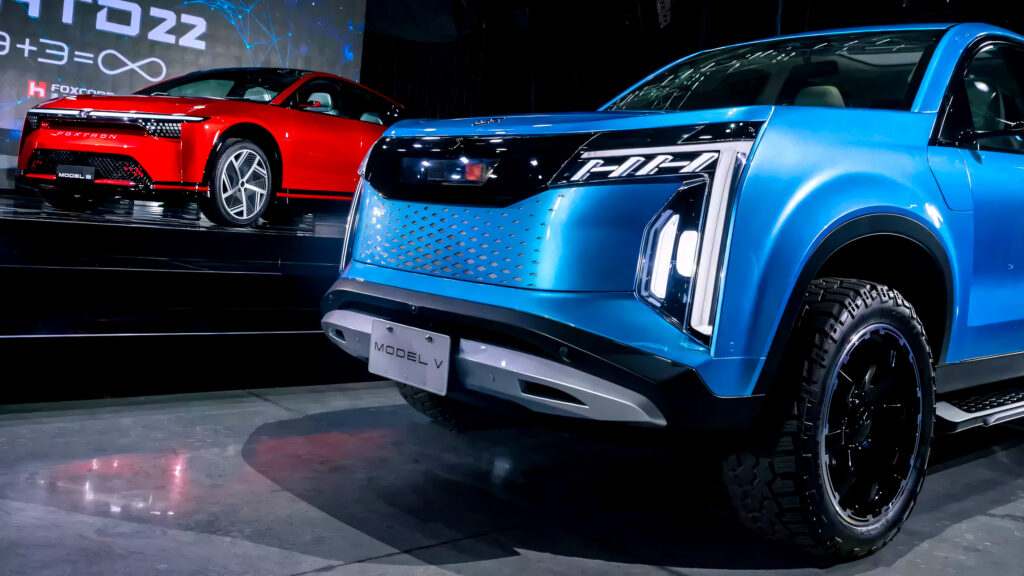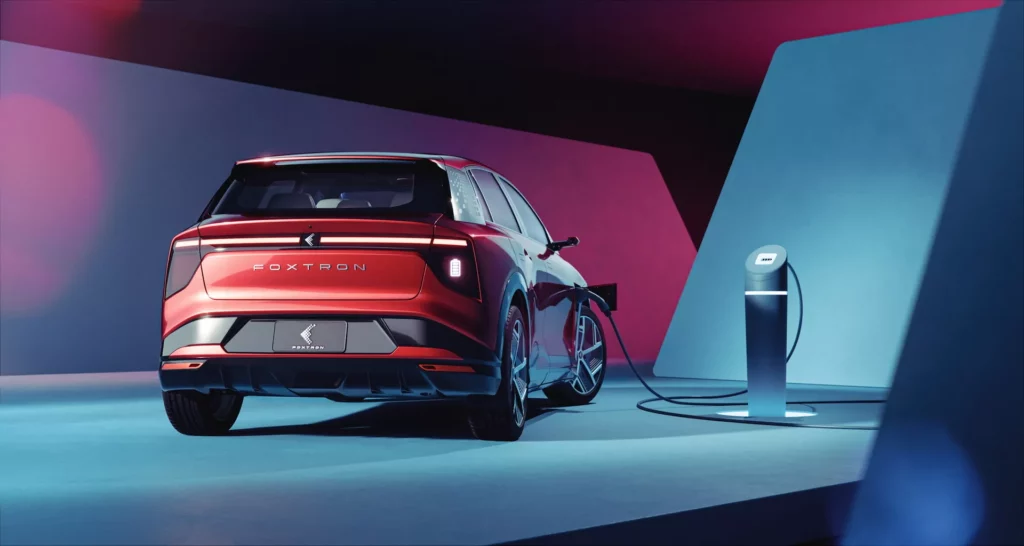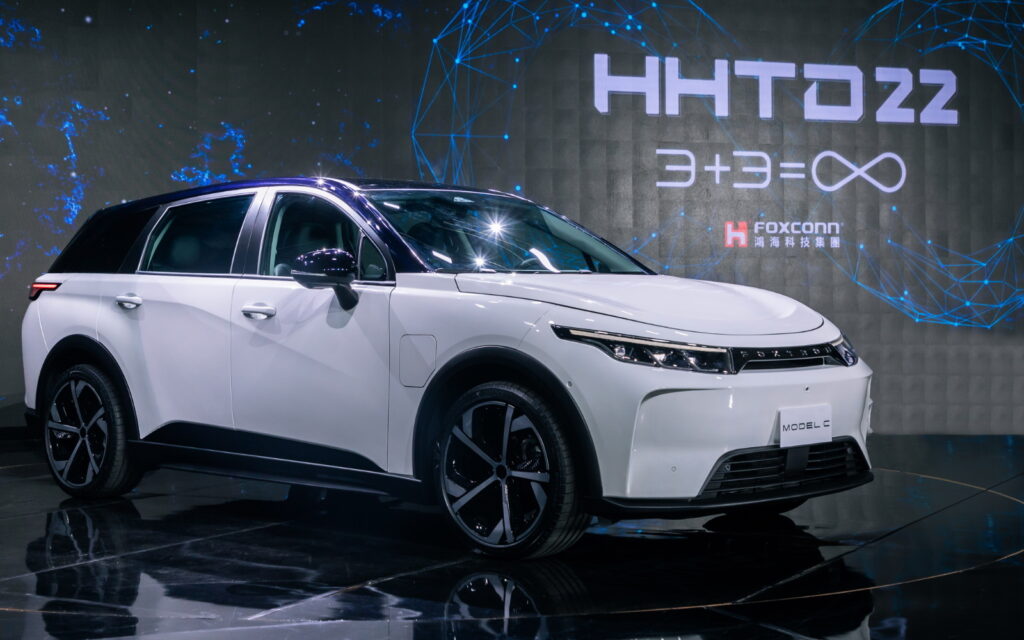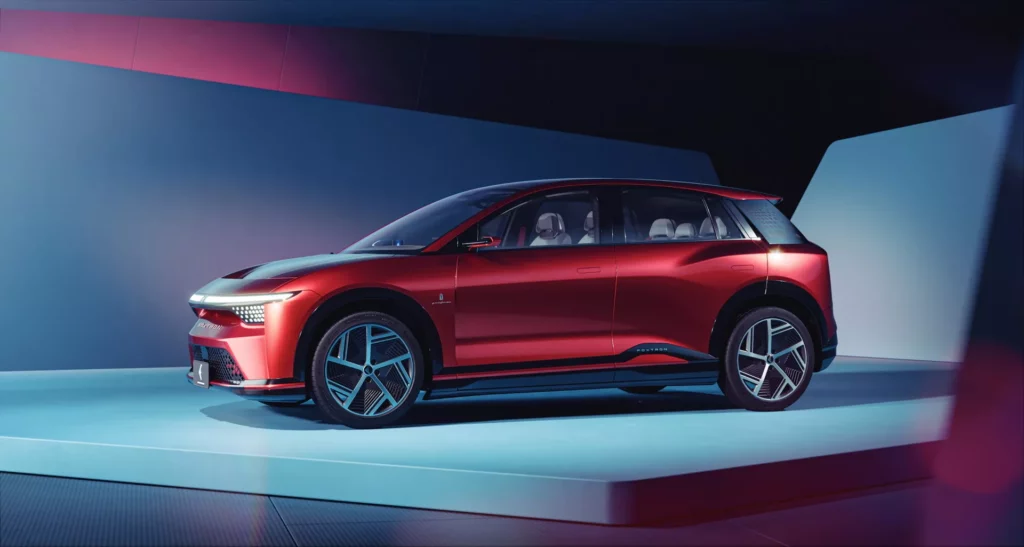Foxconn’s EV Ventures

Foxconn, the Taiwanese tech giant influential in the development of numerous electronics, is notably involved with automotive companies these days. Many might be familiar with Foxconn for manufacturing Apple’s iPhones, but the company is now gearing up for a big EV move. Initially, Foxconn approached Nissan, but as the conversation didn’t move forward, attention turned to partnerships with Honda and other Japanese automotive giants.
The interest stems from Foxconn’s desire to enter the electric vehicle (EV) segment without directly competing with car brands. Instead, akin to their role in tech, they’ll provide the production muscle behind the scenes. It’s a fascinating twist in the ever-expanding EV market where the brand on the badge in your driveway might not be the one putting it together.
EV Strategy

According to Foxconn executive Jun Seki, the plan involves manufacturing EVs initially in Taiwan, with the possibility of setting up local production in markets like the U.S. This is a strategic play to avoid hefty import tariffs and streamline operations. It highlights the growing trend of EV localization, especially in major markets such as America.
In the U.S., foreign vehicles have faced heightened tariffs, making local production a necessity rather than an option. By manufacturing vehicles domestically, companies can avoid these import penalties, aligning their cost structures more competitively. Foxconn’s approach may allow it to navigate these obstacles cleverly without entering direct competition with major players.
Foxconn Models

The first vehicles to emerge from Foxconn’s new venture include the Model C, a midsize crossover currently available in Taiwan under the Luxgen N7 badge. The company is also aiming to debut the Model B minivan in Taiwan, with subsequent exports to markets like Australia appearing under different brand names, such as Mitsubishi. In terms of American consumers, they can expect to see the Model C by the end of the year, followed by the arrival of the Model D by 2027—both showcasing sleek designs and innovative tech developed by Foxconn’s partnerships.
Alliances and Partnerships

Foxconn has been eyeing strategic alliances, reportedly pitching a collaboration among itself, Honda, Nissan, and Mitsubishi. Their expertise in technology and manufacturing efficiency offers established auto brands an enticing opportunity to integrate cutting-edge features and streamline production processes.
While Foxconn’s name won’t grace any car exteriors, its impact could be profound—think of the behind-the-scenes role they play in building iPhones. As Jun Seki emphasized, their aim isn’t to compete directly in the automotive sector but to partner with established manufacturers, potentially taking a significant slice of the EV production market.
The Drive Experience
In terms of driving dynamics, feedback on the Luxgen Model C indicates a smooth, well-handled ride, comparable to other midsize crossovers like those from Hyundai or Toyota. The advanced infotainment systems, a signature of Foxconn’s tech prowess, come packed with connectivity features and intuitive interfaces. While the tactile feel might not fully match up to a Lexus or BMW, the performance is certainly aiming to be competitive within the average consumer segment.
Interestingly, it seems Foxconn’s strategy involves focusing on the things drivers now care about more than ever—technology and efficiency. By leveraging its technological acumen, Foxconn may well become an indispensable player in the global EV market, all without most consumers ever recognizing their name attached to the vehicles they build.
Ducati and Lamborghini
Leno Supports Old Cars
MGA Factory Unveiled
Ford's Pricing Twist
VW Unveils EV Concepts